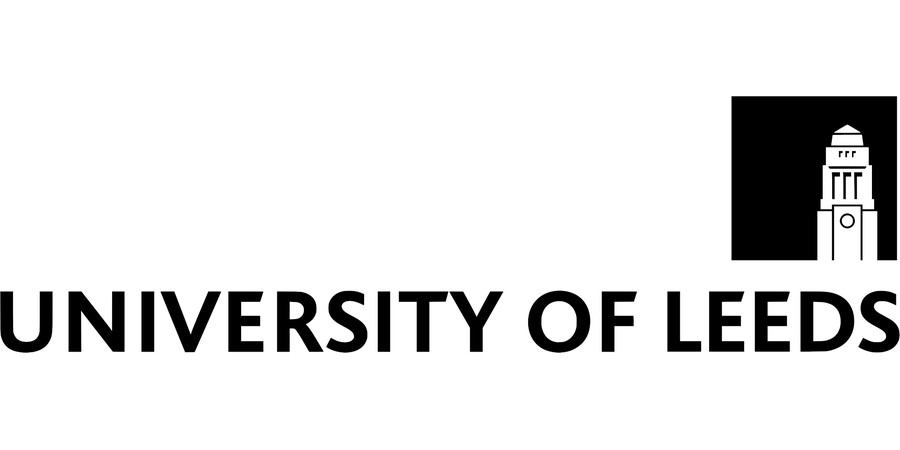Research Fellow in Artificial Cell Engineering
University of Leeds - Faculty of Engineering & Physical Sciences - School of Chemistry
| Location: | Leeds |
|---|---|
| Salary: | £39,105 to £46,485 per annum (Grade 7) - Due to funding restrictions, an appointment will not be made higher than £40,247 per annum |
| Hours: | Full Time |
| Contract Type: | Fixed-Term/Contract |
| Placed On: | 7th January 2025 |
|---|---|
| Closes: | 3rd February 2025 |
| Job Ref: | EPSCH1115 |
Are you a creative and resourceful researcher looking for your next challenge? Do you have a background in engineering and characterising biomimetic membranes and vesicles? Would you like to be part of an international multidisciplinary project and spend part of your time on secondment with project partners in Japan?
We are looking for an enthusiastic and team-oriented researcher to join an international collaborative project to engineer artificial cells to act as highly sensitive and robust biosensors for diagnosis of pathogen infections. Your specific role will be to lead on the development and optimisation of methods for artificial cell assembly and functionalisation. In particular, you will optimise the design of transmembrane signalling modules that communicate the detection of pathogen biomarkers in the external environment to internal biomolecular signalling pathways. You will be proactive and self-motivated in contributing to the co-creation of innovative artificial cell tools and technologies within the project team to achieve our collective research goals.
You will be expected to work closely with other members of the multidisciplinary team to integrate the different components of the artificial cell design to achieve a functional biosensor. We will then work with clinical research scientists to further optimise their design for use in a clinical laboratory setting. The wider project team includes a second Research Fellow and a PhD student based at the University of Leeds and two further Research Fellows and a PhD student based in Japan.
You will be required to spend at least 9 months, across multiple visits, working at partner institutes in Japan (RIKEN and JAMSTEC) to enable knowledge transfer and integration of the synthetic parts for construction of artificial cell biosensors. The grant funding includes a budget to cover your living costs while on secondment. You will be expected to participate in engagement activities with wider stakeholders, including the general public and clinicians. The role will offer a range of opportunities for professional and career development as well as networking with the wider synthetic cell community through participation in national and international conferences and workshops.
We are open to discussing flexible working arrangements.
To explore the post further or for any queries you may have, please contact:
Professor Paul Beales, Professor of Soft Matter and Biophysics
Tel: +44 (0)113 343 9101
Email: P.A.Beales@leeds.ac.uk
Please note that this post may be suitable for sponsorship under the Skilled Worker visa route but first-time applicants might need to qualify for salary concessions. For more information, please visit the Government’s Skilled Worker visa page.
For research and academic posts, we will consider eligibility under the Global Talent visa. For more information, please visit the Government’s page, Apply for the Global Talent visa.
Advert information
Type / Role:
Subject Area(s):
Location(s):









